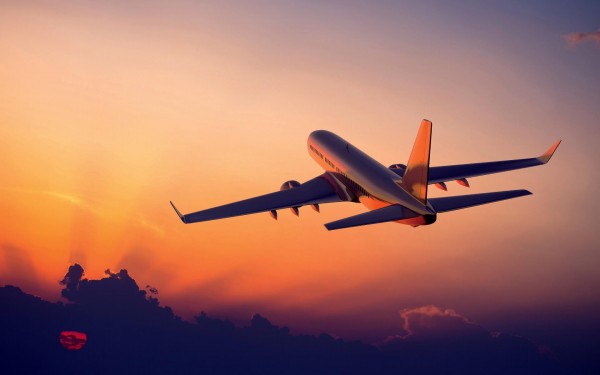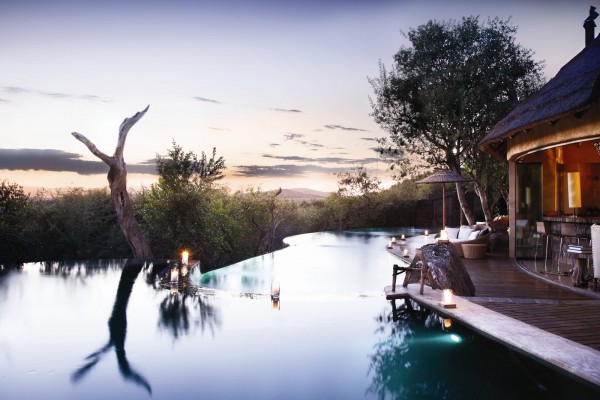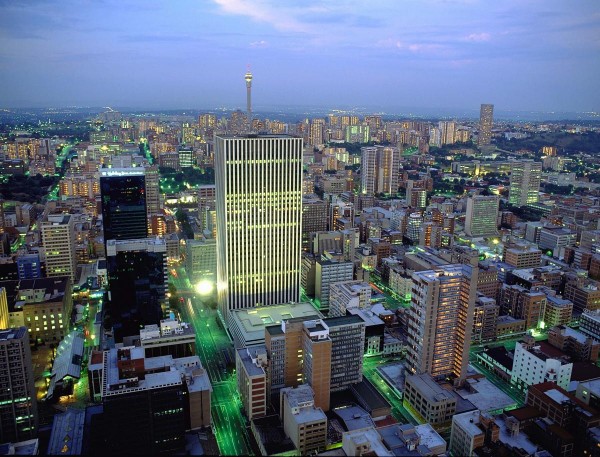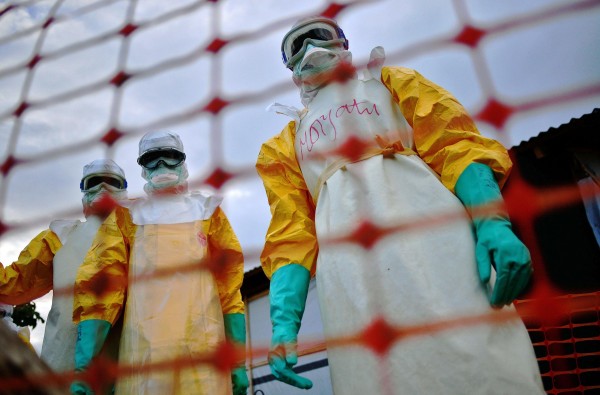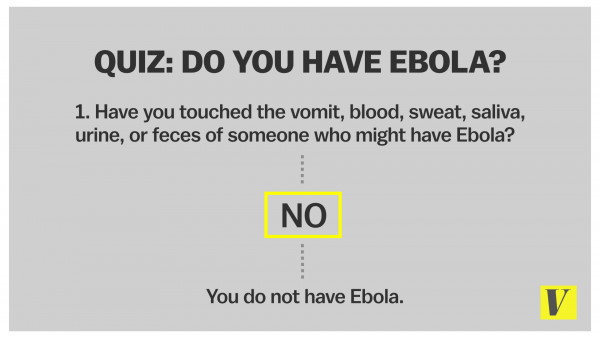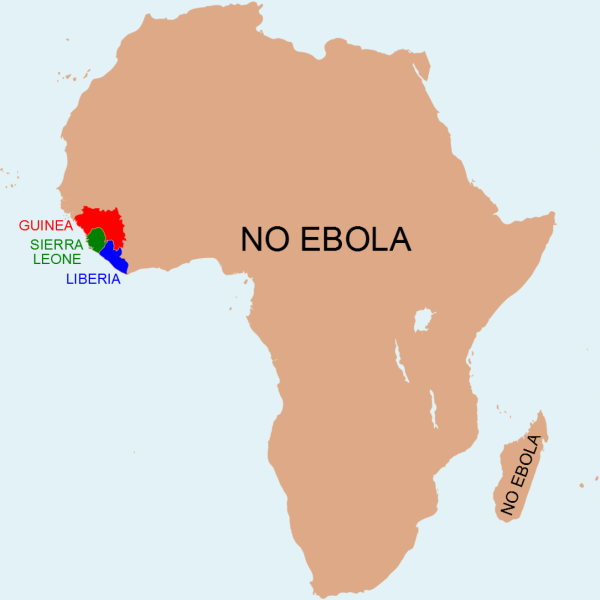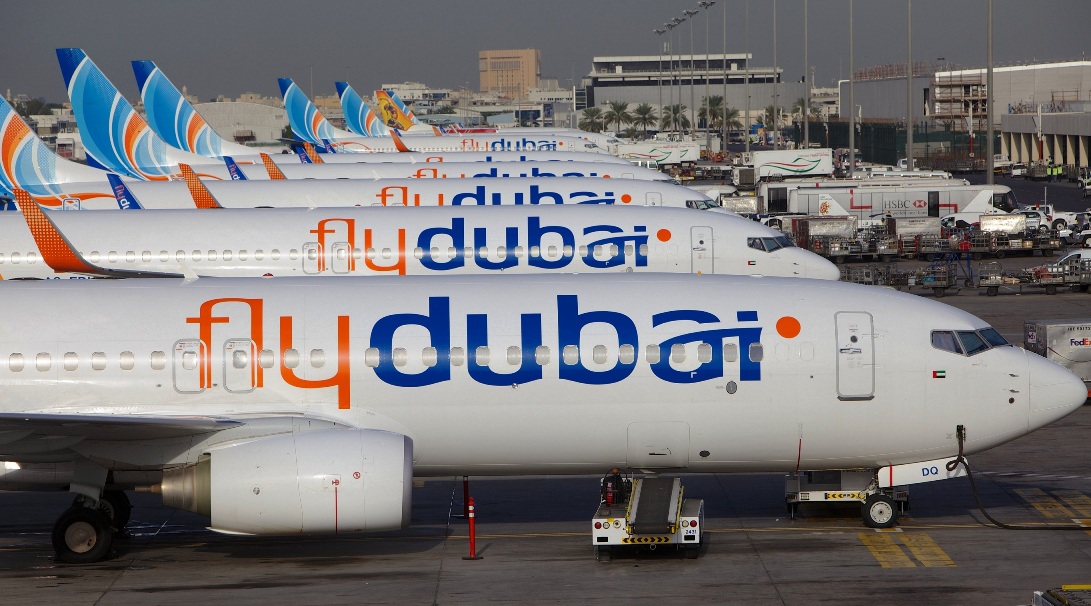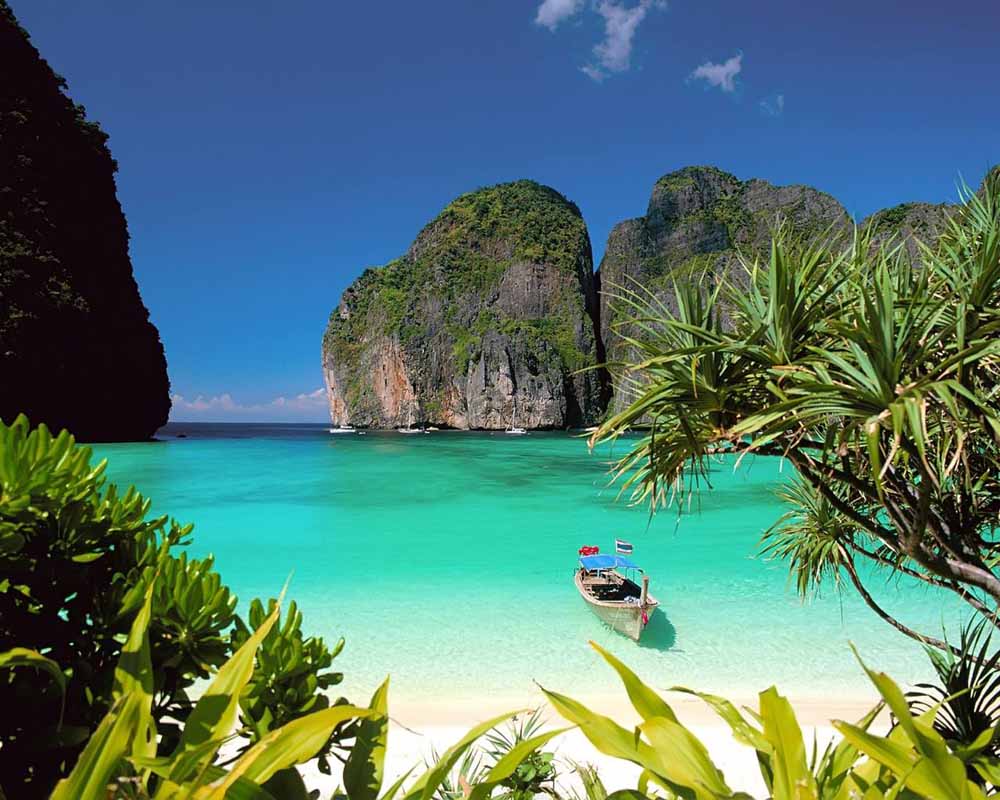

The damage to the African continent’s economy, and more specifically to its tourism economy, has been severe.
In light of the terror attacks in the Tunisian capital, Tunis, the Islamist group al-Shabaab killing 148 people at a university in northern Kenya, and not to mention the xenophobic attacks in South Africa, tourism is now suffering the consequences.
This problem dates back to the Ebola outbreak, and while it could have been limited to health related issues, which could be contained and controlled, the real problem now is dealing with security breaches, and the fear and paranoia of the general public.
Consequently, operators have to get creative in continuing to market Africa as a holiday destination. Marketing specialists have to rethink their advertising strategies and initiatives if they do not want their businesses, and by extension the African image, to suffer the casualties of the continent’s catastrophes.
“Specialist tour operators focusing on Africa have to be prepared for the peaks and the valleys,” said Dave Herbert, CEO of Great Safaris. “In the too-frequent valleys, you need to grab market share from the big, multi-destination operators and keep expenses in check.”
One of Herbert’s suggestions to operators is to work hand in hand with suppliers and local tours to introduce appealing deals, such as two-for-one deals and 50% off savings, to kick-start bookings. Now is definitely not the time to focus on making more money, but rather on keeping a present and steady inflow of tourists and visitors.
Another way he said he has managed to keep his business going is by working more closely with travel agents.
“How do we, as tour operators, survive and prosper in a world full of violence, wars, terrorism, disease and unbelievable wonder? The answer lies in targeting the travel counselors who are experienced in dealing with travelers seeking new experiences,” Herbert said. “The job of a travel counselor is to gather the facts — not from sensational media — and present those facts to their clients, including the fact that Africa generally is more secure than 80% of American cities.”
That message can be very hard to convey in light of the coverage done on the recent events. Bernard Gustin, CEO of Brussels Airlines, which serves 19 destinations in Africa and continued service to Guinea, Liberia and Sierra Leone during the peak of the Ebola crisis, told reporters this month that lingering, unjustified fears about the virus are costing the continent billions of dollars.
Widespread misinformation persists despite the fact that earlier predictions that the virus would infect millions of people worldwide by April never happened. Gustin said that many people around the world continue to associate Africa with images of healthcare workers clad in hazmat suits.
To counter that image, Brussels Airlines has launched an “Africa Is Not Ebola” campaign that includes a website, AfricaIsNotEbola.com, an Instagram hashtag, #AfricaIsNotEbola, plus “Africa Is Not Ebola” pins.
Had the airlines, who still worked despite the Ebola scare, pulled out like many of its counterparts, those areas of the world would have been completely isolated. Despite this fact, social media exploded with criticism of the airline: “They said we were managed by people so greedy they were willing to bring disease around the world,” Gustin recalled.
Other suppliers that sell Africa are also hoping to spread a more positive message about Africa. Here lies the true challenge however; to the uninformed, Africa is one country.
In another attempt to promote Africa, Extraordinary Journeys, a New York-based tour operator and Africa specialist, held a press event earlier this month to market its Zimbabwe product, confronting concern about tourists travelling there in light of the authoritarian government of President Robert Mugabe.
One strong point was made, and can be applied to all the other African countries. “If you care about that country, the worst thing is to not go.”




